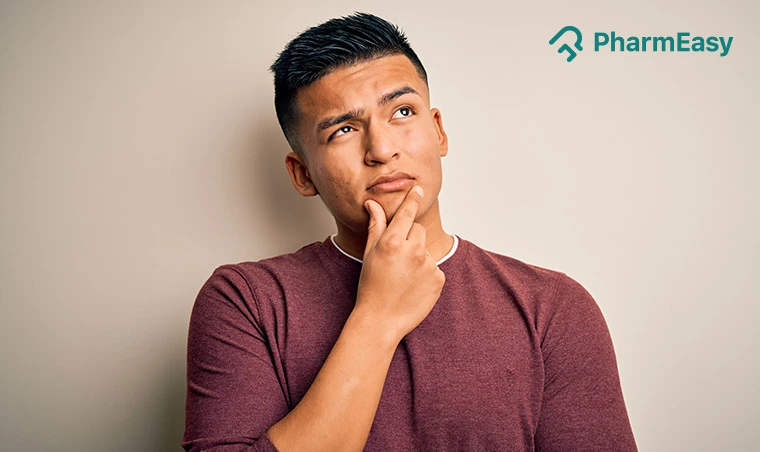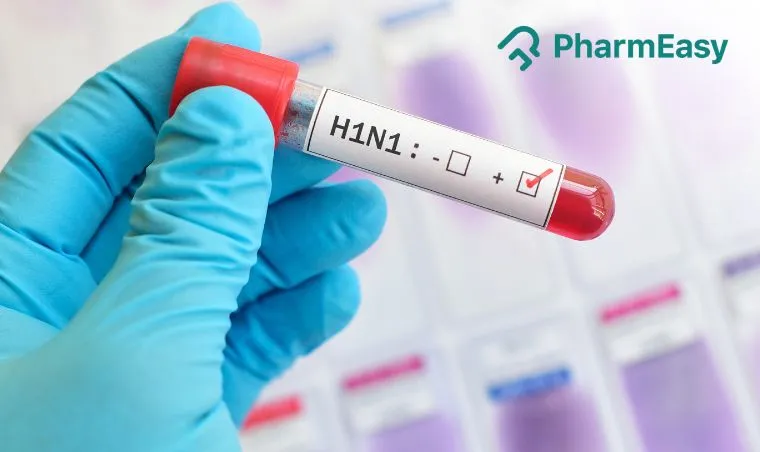Equilibrium 10mg Tablet
Description
Equilibrium tablet is used to treat anxiety. The active ingredient is chlordiazepoxide which belongs to the group of benzodiazepines. Equilibrium is recommended for short-term relief only, and it sho
uld not be used for greater than 4 weeks. The doctor will recommend the dose after a thorough evaluation, and the prescribed dose should not be changed by oneself. The lowest effective dose is recommended. There is an increased risk of dependence if used in high doses and for a longer period of time. However, when used for short-term, the potential for dependency is low. Dependency is also higher in patients suffering from alcoholism or a history of medicine abuse. Close and regular monitoring to manage the dose and its frequency is required, especially at the beginning of treatment, to prevent any chance of an overdose. Regular reassessment is needed to determine the need for continuing therapy, especially if the patient has no further symptoms. The medication should be tapered off slowly prior to stopping in order to prevent withdrawal symptoms.
Product Summary
| Offer Price | ₹36.96 |
| You Save | ₹11.04 (23% on MRP) |
| Contains | Chlordiazepoxide(10.0 Mg) |
| Uses | Symptomatic treatment of severe anxiety with difficulty sleeping or associated distress or other mental illness, treatment of muscle spasm due to various causes, treatment of symptoms of alcohol withdrawal. |
| Side effects | fainting, drowsiness, difficulty speaking, unsteadiness or feeling woozy, sleepiness, fatigue, difficulty with balance, difficulty controlling movements, uncoordinated movements. |
| Therapy | ANTI-ANXIETY |
Uses
- Symptomatic treatment of severe anxiety with difficulty sleeping or associated distress or other mental illness.
- Treatment of muscle spasms due to various causes
- Treat symptoms arising from alcohol withdrawal.
Contraindications
- If you are allergic to chlordiazepoxide, other benzodiazepines or any other substance used in the product.
- If you have any breathing problems or lung disease.
- If you have any anxiety disorders bordering on obsession with unreasonable fear or thoughts.
- If you suffer from chronic or long term mental illness (psychosis).
- If you have severe liver disease.
- If you have a condition where you stop breathing during sleep (sleep apnoea)
- If you have a condition of severe muscle weakness known as myasthenia gravis
- If you have a condition where there is loss of control of body movements (caused due to damage to spine or brain/cerebrum).
Side effects
- Fainting.
- Drowsiness.
- Difficulty speaking.
- Sleepiness.
- Difficulty controlling movements.
- Uncoordinated movements.
- Amnesia.
Precautions and Warnings
Pregnancy
Breast Feeding
Driving
Alcohol
Other General Warnings
- You have any mental illness or condition (schizophrenia, manic depression, delirium or senile dementia).
- You have been using the medication for a long period of time as there could be a possibility of dependence.
- You have recently suffered a personal loss or bereavement.
- You have a decrease in mental function.
- You have long-term lung, kidney or liver problems (as you may need to take a lower dose)
- You have a history of medicine or alcohol abuse.
Mode of Action
How Does It Work?
Directions for Use
- Equilibrium should be used exactly as per the doctor’s instructions.
- Confirm with your doctor if you have any doubts.
- It should be swallowed whole with water.
- It should not be chewed.
Interactions
Interactions with other medicines
- Medications used to treat depression (anti-depressants), sedatives, sleeping pills, medicines which act on the brain and nervous system (hypnotics and anti-psychotics), such as opiate medications used for relief of cough (codeine, hydrocodone ) or pain relievers such as fentanyl, hydromorphone, meperidine, methadone, morphine, oxycodone, and tramadol along with chlordiazepoxide can cause fatal breathing problems such as slowed or difficult breathing, unusual dizziness, lightheadedness, excessive sleepiness or coma....
- Medications to help with easier breathing (theophylline) can decrease the effects of chlordiazepoxide.
- Anti-allergic medications or antihistamines (chlorphenamine) and medication for relief of nausea and vomiting (nabilone) can cause excessive sleepiness.
- The effects of medication used for the treatment of sleep disorders like narcolepsy (sodium oxybate) will be greatly increased if used along with chlordiazepoxide.
- Medications to treat seizures (anti-epileptics) such as phenytoin, phenobarbitone or barbiturates or other combination medications which include them when used concurrently, side effects and toxicity may be more evident....
- Medication to treat Parkinson’s disease (Levodopa) can cancel the effect of chlordiazepoxide.
- Medications used for muscle relaxation (baclofen) can enhance the sedative effects.
- Medications that affect the liver like rifampicin (treats tuberculosis), cemetidine (treats ulcers and acidity), omeprazole (treats stomach problems), disulfiram (treats chronic alcoholism) and contraceptive medications cause chlordiazepoxide to remain longer in the body and greatly increase their effect and duration....
- Medications for prevention of constipation (cisparide) can increase the sedative effects of chlordiazepoxide..
- Medication for treatment of high blood pressure or antihypertensives (ACE inhibitors, alpha blockers, angiotensin–II receptor antagonists, calcium channel blockers, adrenergic neuron blockers and monoxidine) can cause increased lowering of blood pressure when taken concomitantly....
- Medication used for widening of blood vessels (vasodilators) such as nitrates, hydralazine, minoxidil and sodium nitroprusside can cause increased lowering of blood pressure when taken concomitantly.
- Medications used for treating heart conditions (digoxin) when used concomitantly do not have predictable side effects.
- Blood thinning medications or anticoagulants (warfarin) when used concomitantly do not have predictable side effects.
- Water pills or diuretics (furosemide) can cause increased lowering of blood pressure when taken concomitantly.
Interactions with food items
- No specific dietary changes are required unless specified by the doctor.
Storage and disposal
Dosage
Overdose
Missed a Dose
Content Details
Dr. Vijay Y
MBBS, MD in Clinical Pharmacology
Frequently Asked Questions (FAQs)
Q: Can Equilibrium be used to treat elderly patients?
Q: Can Equilibrium be used to treat children?
Q: What is the recommended length of treatment with Equilibrium?
References
- Chlordiazepoxide 10 mg capsules - Summary of Product Characteristics (SmPC) - (emc) [Internet]. Medicines.org.uk. 2022 [cited 17 February 2022]. Available from:
- [Internet]. Medicines.org.uk. 2022 [cited 17 February 2022]. Available from:
- Drugs H. Chlordiazepoxide: MedlinePlus Drug Information [Internet]. Medlineplus.gov. 2022 [cited 22 February, 2022]. Available from:
Did you find this medicine information helpful?
Please rate your experience







